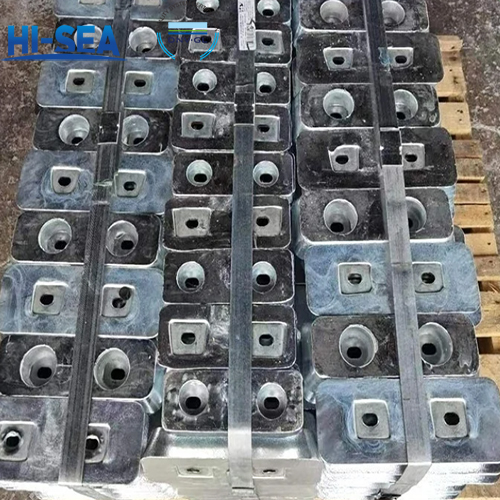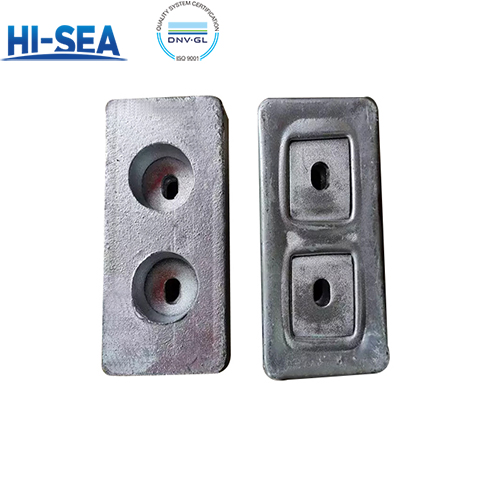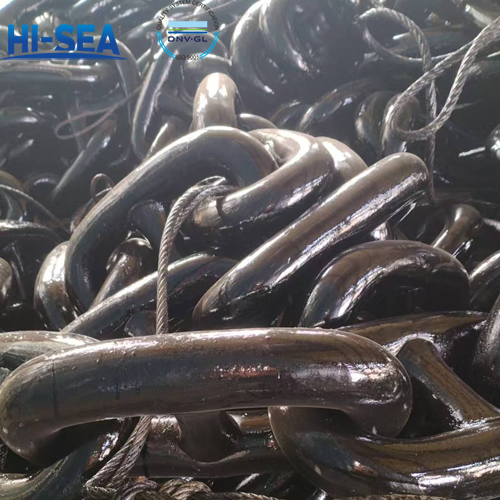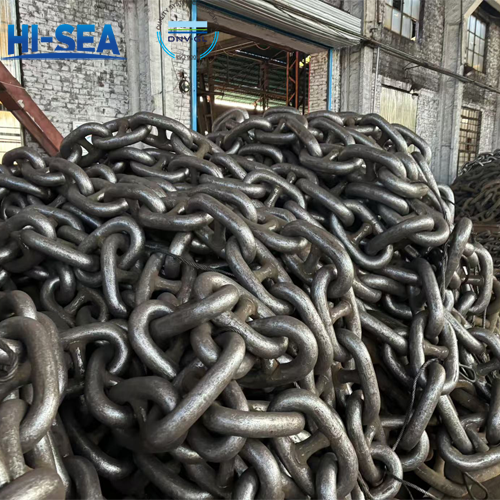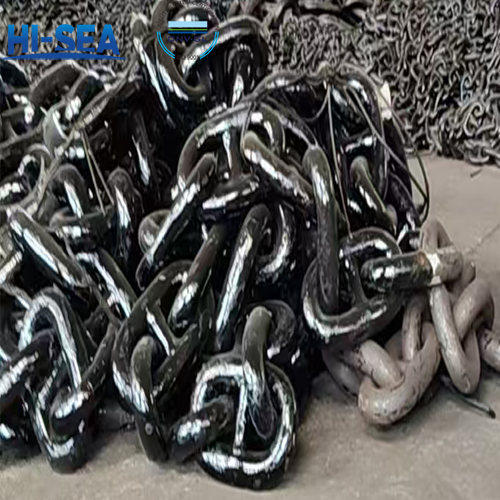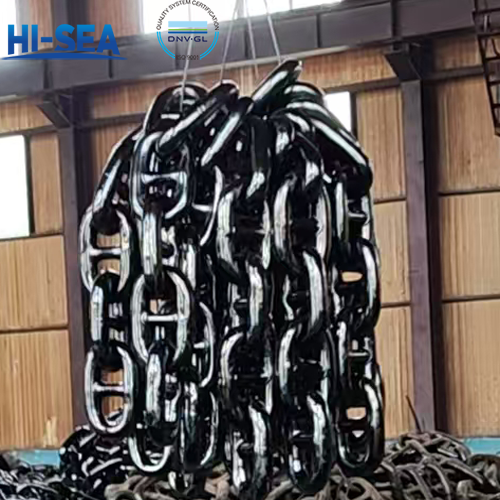
Marine Aluminum Anode
Marine aluminum anodes are commonly used on boats, ships, docks, pipelines, and other marine structures. They are available in various shapes and sizes to suit different applications, and are typically attached to the structure being protected using bolts or welding.
Overview
How Marine Aluminum Anodes Work
Sacrificial Corrosion
Aluminum anodes protect marine structures through sacrificial corrosion. When connected to the metal structure, the aluminum corrodes preferentially, thereby protecting the underlying metal from rust and degradation.
Electrochemical Reaction
The aluminum anode releases electrons as it corrodes (Al → Al³⁺ + 3e⁻). These electrons travel through the connecting wire to the protected metal surface, preventing it from losing its own electrons and thus from corroding.
Applications of Marine Aluminum Anodes
Ship Hulls
Aluminum anodes are used on ship hulls to prevent corrosion caused by constant exposure to seawater.
Offshore Structures
Offshore platforms, oil rigs, and other marine structures benefit from aluminum anodes to protect steel components from corrosion.
Marine Pipelines
Submerged pipelines transporting oil, gas, or water are protected from corrosion by aluminum anodes.
Ballast Tanks
Aluminum anodes are used in water ballast tanks within ships to prevent internal corrosion caused by seawater.
Heat Exchangers
Aluminum anodes can also be used in heat exchangers to prevent corrosion in marine cooling systems.
Picture of Marine Aluminum Anode
